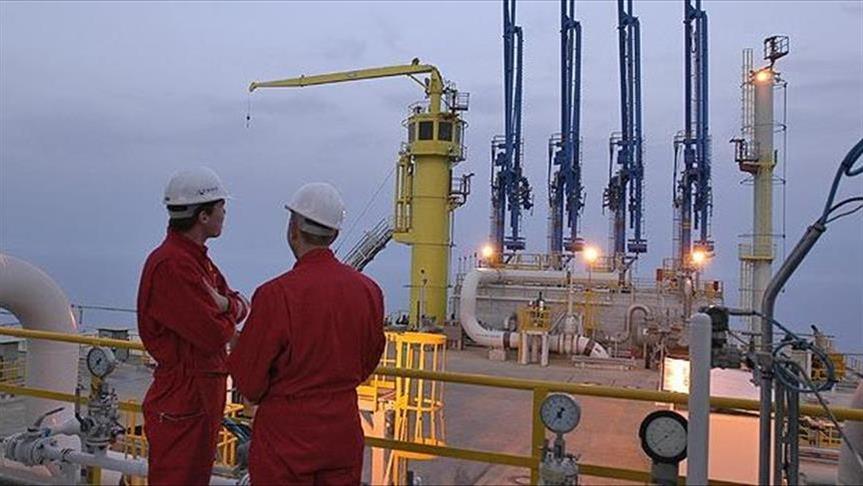Generation

Algeria and Occidental sign study deals on new oil and gas zones

Algeria has taken a new step in its energy cooperation with U.S. company Occidental Petroleum. On August 17, 2025, the National Agency for Hydrocarbon Resources Valorization (Alnaft) announced the signing of two study agreements on the oil and gas potential of El Ouabed and Dahar, located in the south of the country.
The agreements aim to analyze the resources of these regions and prepare for possible future developments. “The two study agreements signed between Alnaft and Occidental Petroleum underscore their commitment to working together to advance the assessment and development of Algeria’s national hydrocarbon resources,” Alnaft said in a statement carried by local media.
The move comes as Algeria seeks to maintain its role as a reliable hydrocarbon supplier while optimizing the use of its reserves. According to the International Energy Agency (IEA), global oil supply is expected to exceed demand in 2025 despite ongoing tensions in the Middle East. In another report, the IEA cut its forecast for world oil demand growth to 730,000 bpd in 2025 due to trade frictions and weaker demand in China and the United States.
Between 2019 and 2023, hydrocarbons represented about 83% of Algeria’s exports and nearly 47% of budget revenues, World Bank data shows. The budget deficit is projected at 14.5% of GDP in 2025, up from 13.9% in 2024, largely due to lower oil revenues. With this structural dependence, each potential new field carries major weight for the country’s financial stability.
The signed agreements do not yet authorize direct exploitation. They cover a preliminary stage of technical and geological studies to determine available resources and the conditions for developing them before any heavy capital commitments.
For stakeholders, the stakes are twofold. Occidental, already active in Algeria at several fields, strengthens its position in the local energy landscape. Algerian authorities, for their part, reaffirm their drive to broaden cooperation with international partners to attract financial and technological flows.
The next steps will depend on the study results. If significant potential is confirmed, the projects could pave the way for foreign direct investment, greater support for Algeria’s oil services industry, and stronger budget revenues.
These developments are in line with the $50 billion investment plan announced in December 2024, with 71% earmarked for exploration and production.












